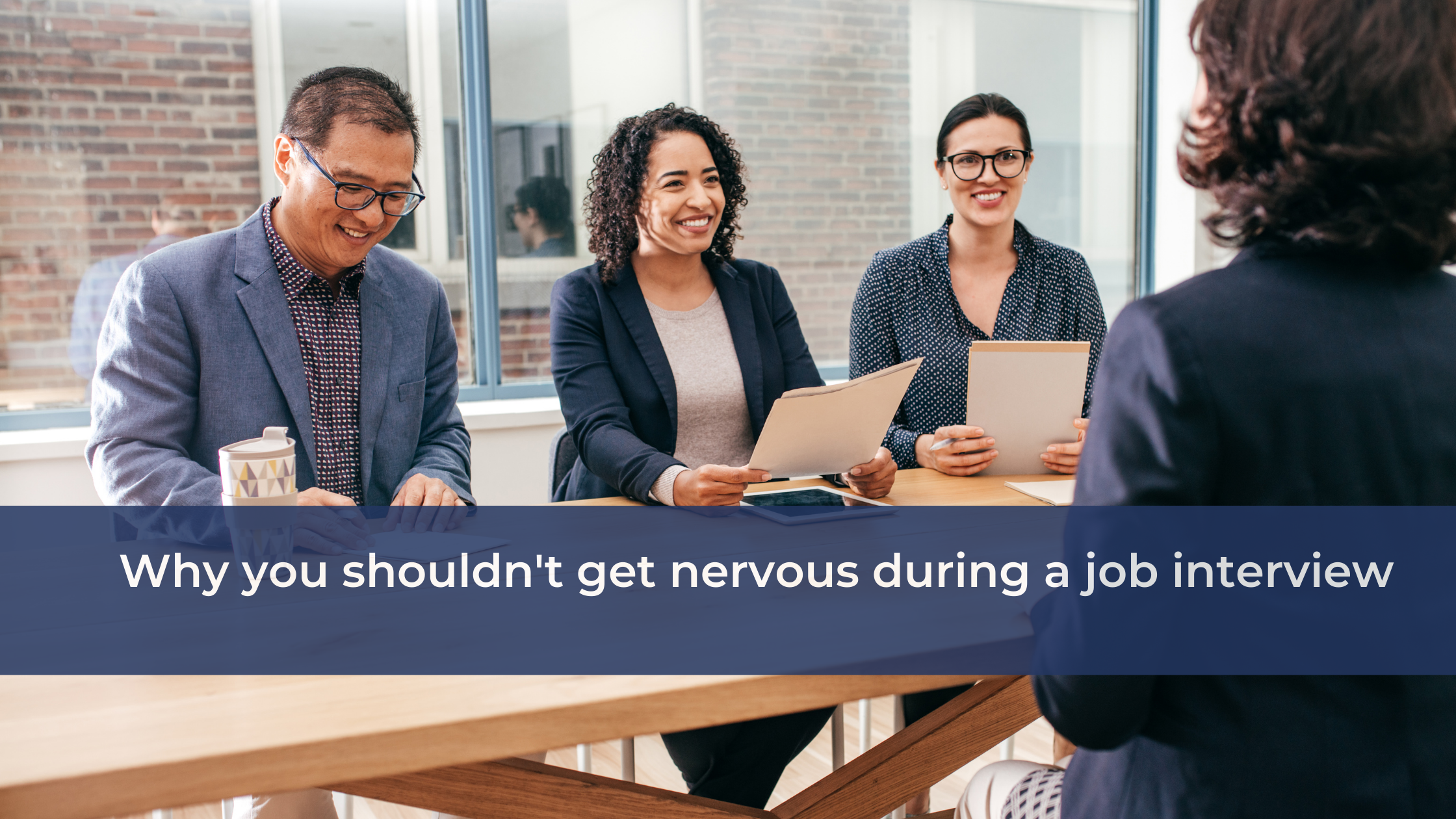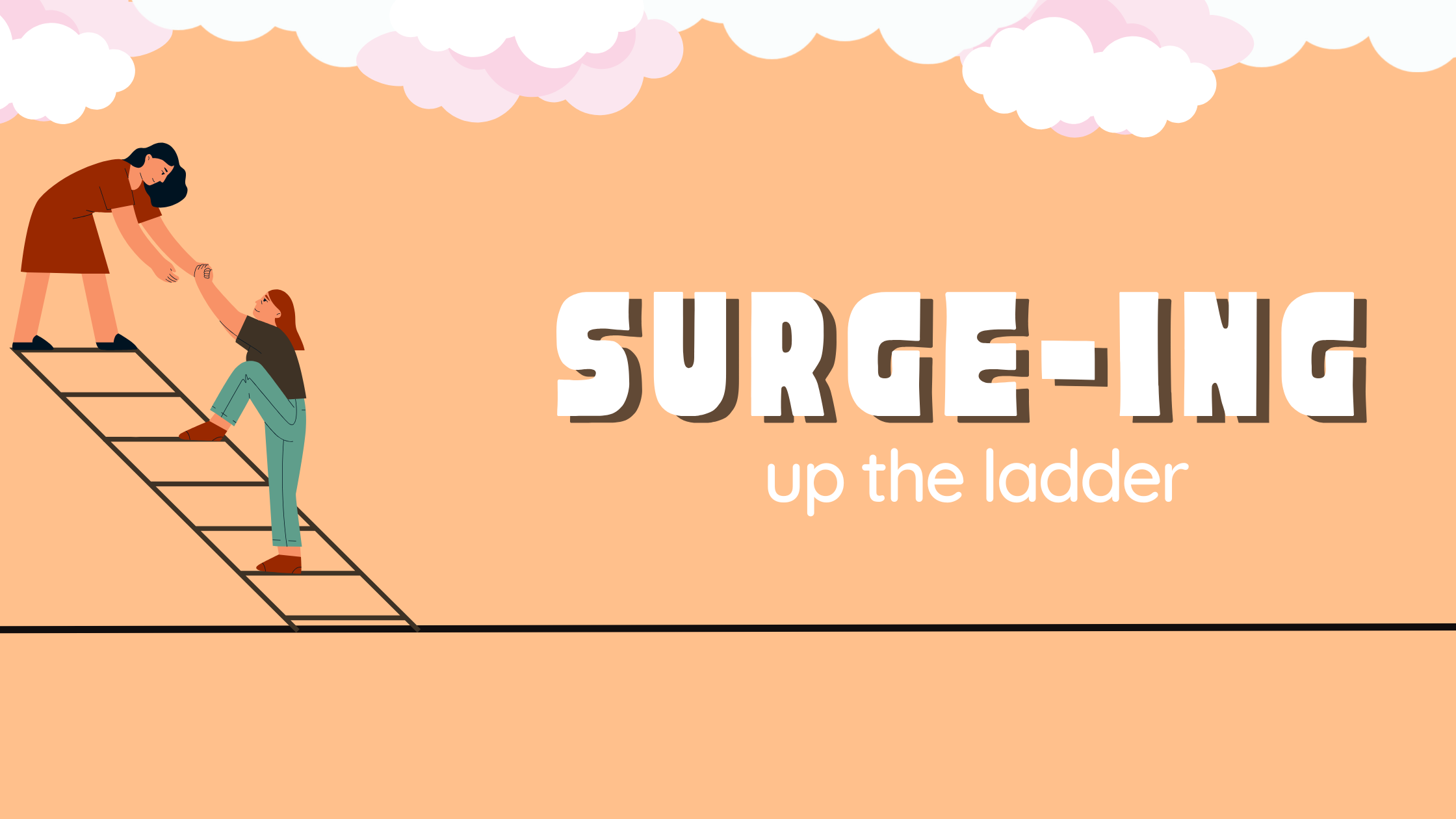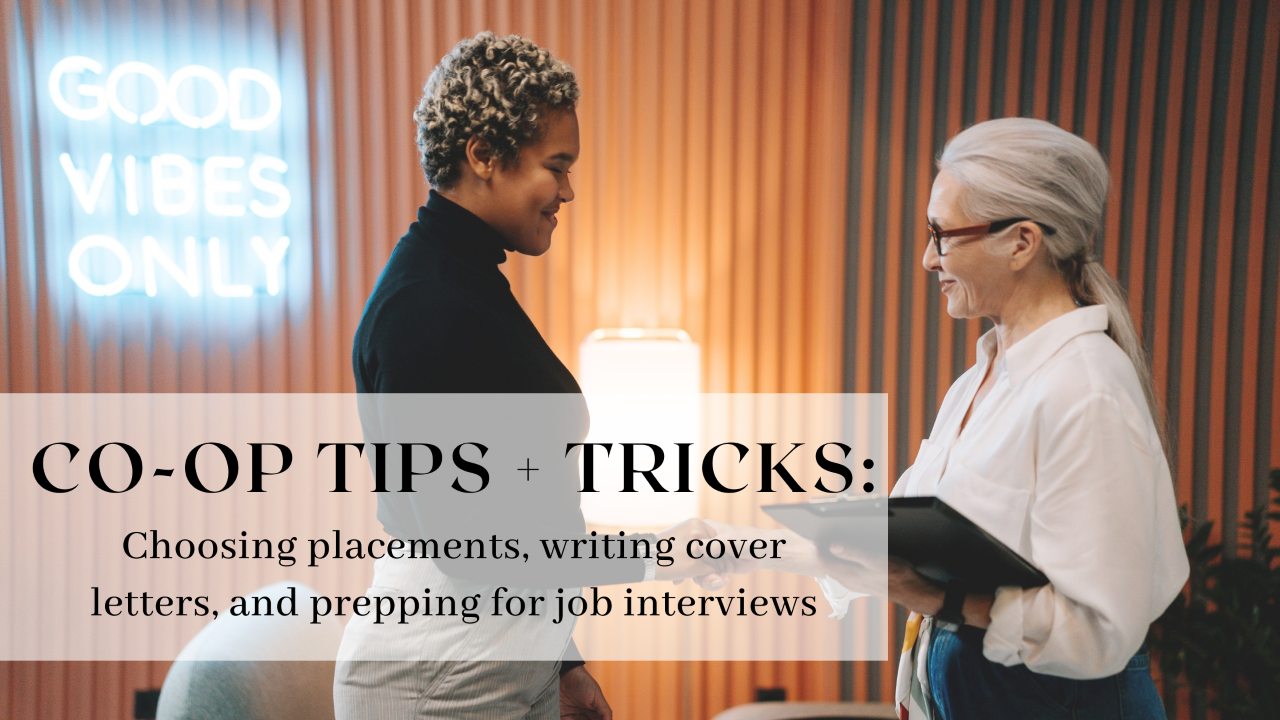By Lyndin Kane
Congratulations! Imagine you’ve just been screened into your first federal competition for a job in communications and now you have to prepare for a written exam and an interview with only one week to prepare. Here are some tips to get you started.
Research
Before doing anything, print off the job posting and review the essential criteria and the asset criteria. These will tell you what skills the hiring manager is looking for. Do not be shy about asking for a job description. This will provide insight about the actual job and may help you in preparing for the interview.
Next, get to know the department’s website and specifically its media room and social media channels. The media room will have recent communications materials posted like news releases. Review a few examples and take note of the type of language used, the headlines and the kind of information that is being shared. You will also want to notice the frequency of social media postings and the type of content.
Another good way to gain an understanding of the department is to learn about its mandate. Do not forget to see who the minister responsible for that portfolio is. Take a look at any recent reports, speeches from the throne and the federal budget. These last two documents are extremely important in understanding what the current government’s priorities are as it relates to your department.
For a position in communications it is very important to review the most recent press coverage. This is useful in a variety of ways, for example, if the job you are applying for has a media relations component you will be able to get a sense of the type of information shared with the media, and if the spokesperson is quoted you will learn about the key messages for a specific issue or topic. Reviewing clippings will also showcase that you have done your research and that you are up-to-date on current, relevant issues.
Finally, read the Communications Policy of the Government of Canada and any other policy documents that relate to the position or communications in the federal government. There are other policies that can also impact your work like the Policy on Official Languages.
Prepare
After you have gathered the information, it is time to start anticipating what you will be asked to do in an exam and an interview.
In an exam you will likely have to write a communications product. Be sure to study the structure, language and style of news releases, media advisories and speeches for the department.
For every essential and asset criterion you should write out examples that demonstrate your experience. Many people recommend using the STAR approach (situation, task, action, result). So, if the essential criterion is to demonstrate experience writing communications products you would outline an example using this method. Do this for every single criterion. Be sure to get specific. If the example is about how you recruited someone to help you get a project done at the last minute, include details like how you would approach that person; what kind of instructions you would give them; whether or not you would check in to see if they had questions; and mention that you would thank them. Do not underestimate the importance of the entire journey and do not assume that the people interviewing you will be able to fill in the blanks if you choose to omit something.
Practice
You should practice everything as much as possible before the exam and interview. This means writing fake news releases and taking your STAR examples and doing a mock interview. Doing a mock interview will help you immensely – it will help you to remember your examples; it will make your responses sound smoother; and it will give you confidence.
You may also want to do a video or voice recording of your mock interviews. A recording will allow you to take notice of nervous ticks, like playing with your hair or saying “um” throughout the interview. By the time you do the actual interview you will be more self-aware.
The Interview
When you arrive at the interview one of two things will happen – you will either be given some time to review the questions or you will go straight into the interview. If you have a moment, make a quick note of any key points you don’t want to forget. No matter how your interview is structured, be sure to shake everyone’s hand, look them in the eye and address them by name. You should do this at the beginning and at the end of the interview.
You may be asked if you have anything to add or any questions at the end of the interview. Unless there is a key point you forgot to include, don’t throw spaghetti at the wall to see what sticks. However, you should think of one or two questions to ask. This could be asking the interviewers to describe the position you’re interviewing for; asking for an example of a project they have recently completed; or what they think the most important attribute is for the person who will occupy that role.
After the Interview
Now that you’ve completed the interview, whether or not you are satisfied with your performance, look at it as a learning experience. Federal competitions are grueling, but the more you do, the better you get. In this spirit, immediately following the interview (or exam), take a few minutes to jot down the questions you were asked and how you answered. If you wait too long you will forget and you will miss out on a sample set of questions to use when preparing for your next one.
The learning doesn’t stop after you exit the interview. You probably want to know how you did, so, don’t be afraid to ask for a post-board. A post-board is an opportunity to sit down with the interviewers and go over the questions and find out how you did; doing this will teach you invaluable lessons about what you did well and what you need to work on. It will also help you to network with the board and they may remember you down the road if you are interviewed for another position.





